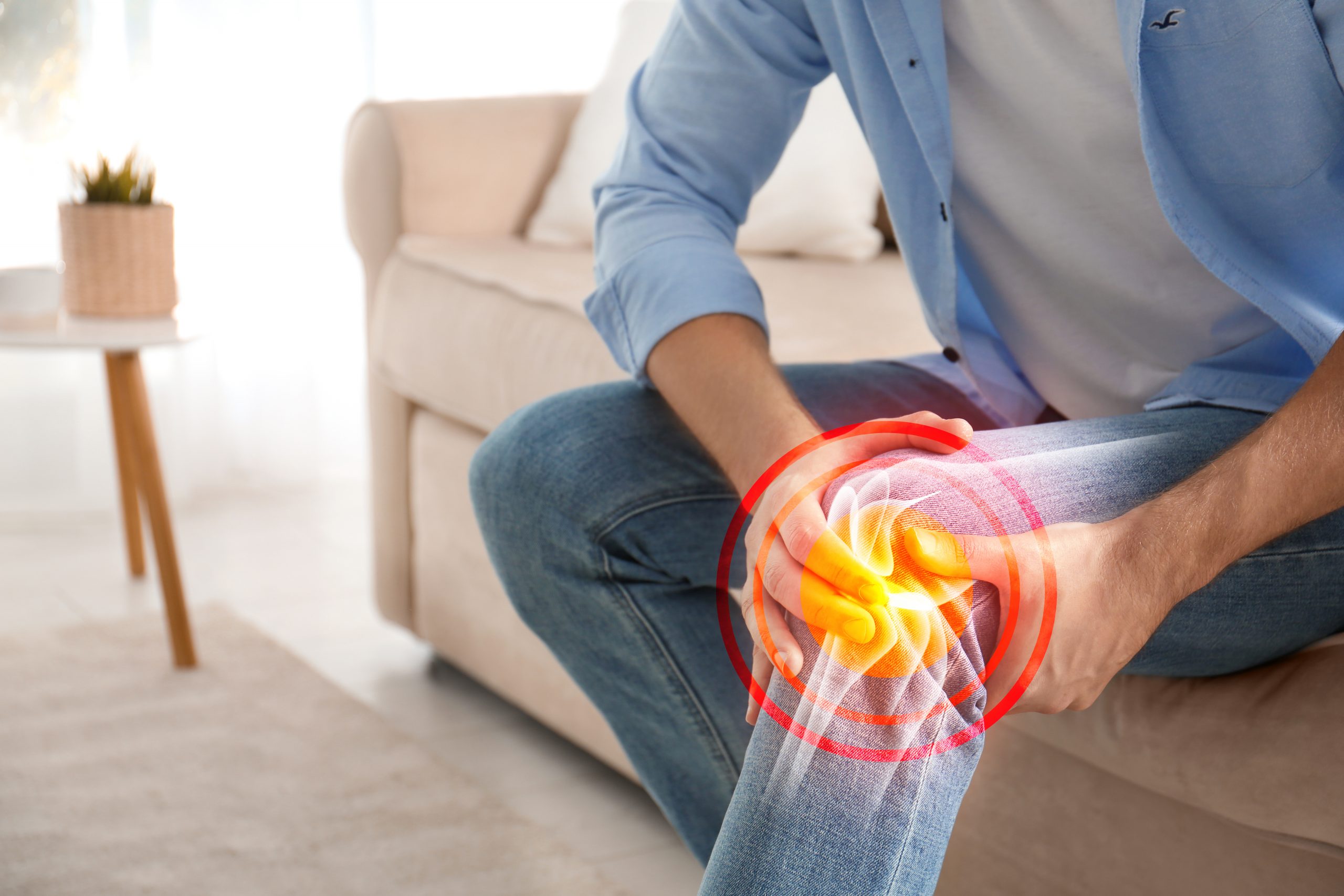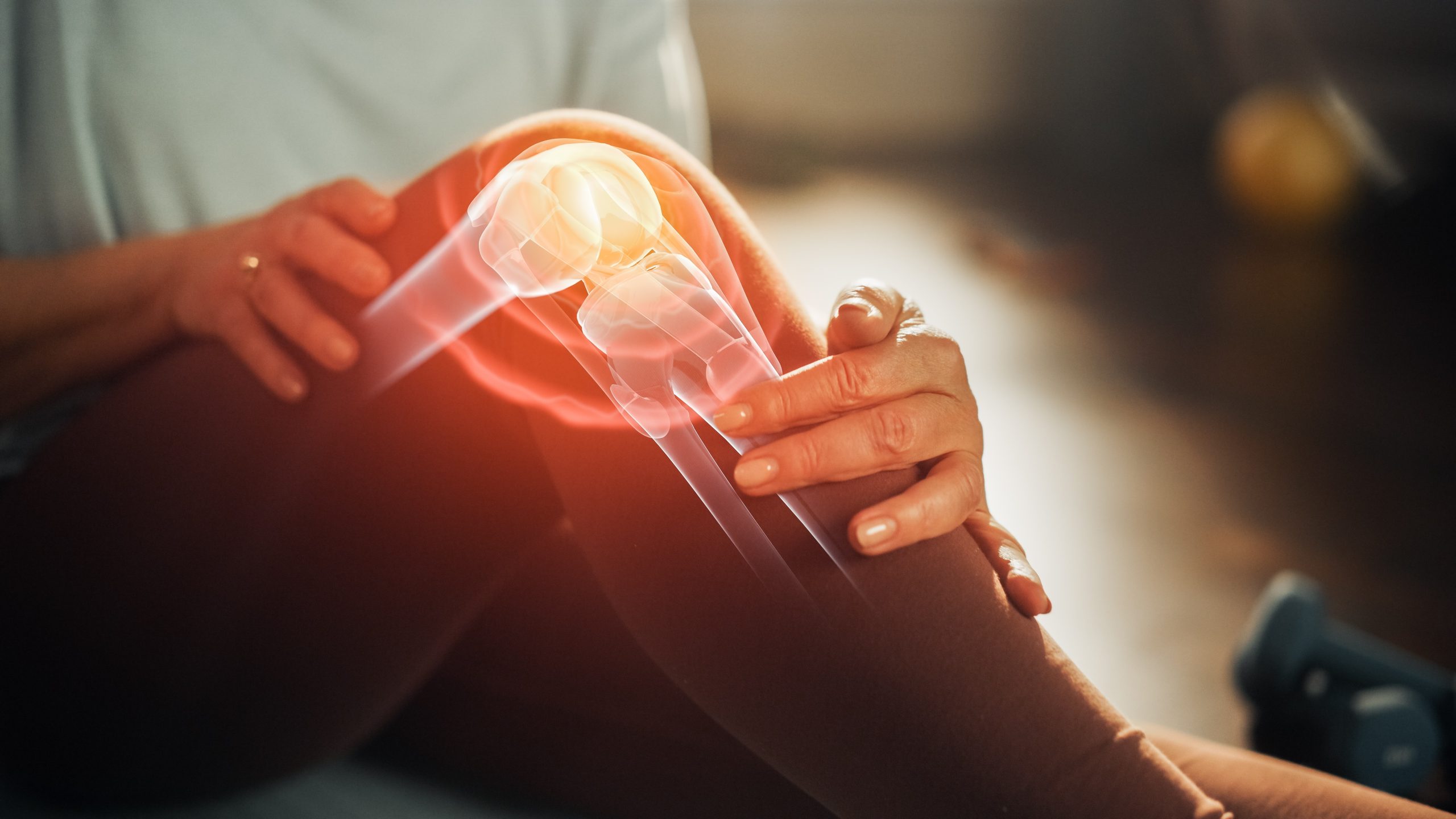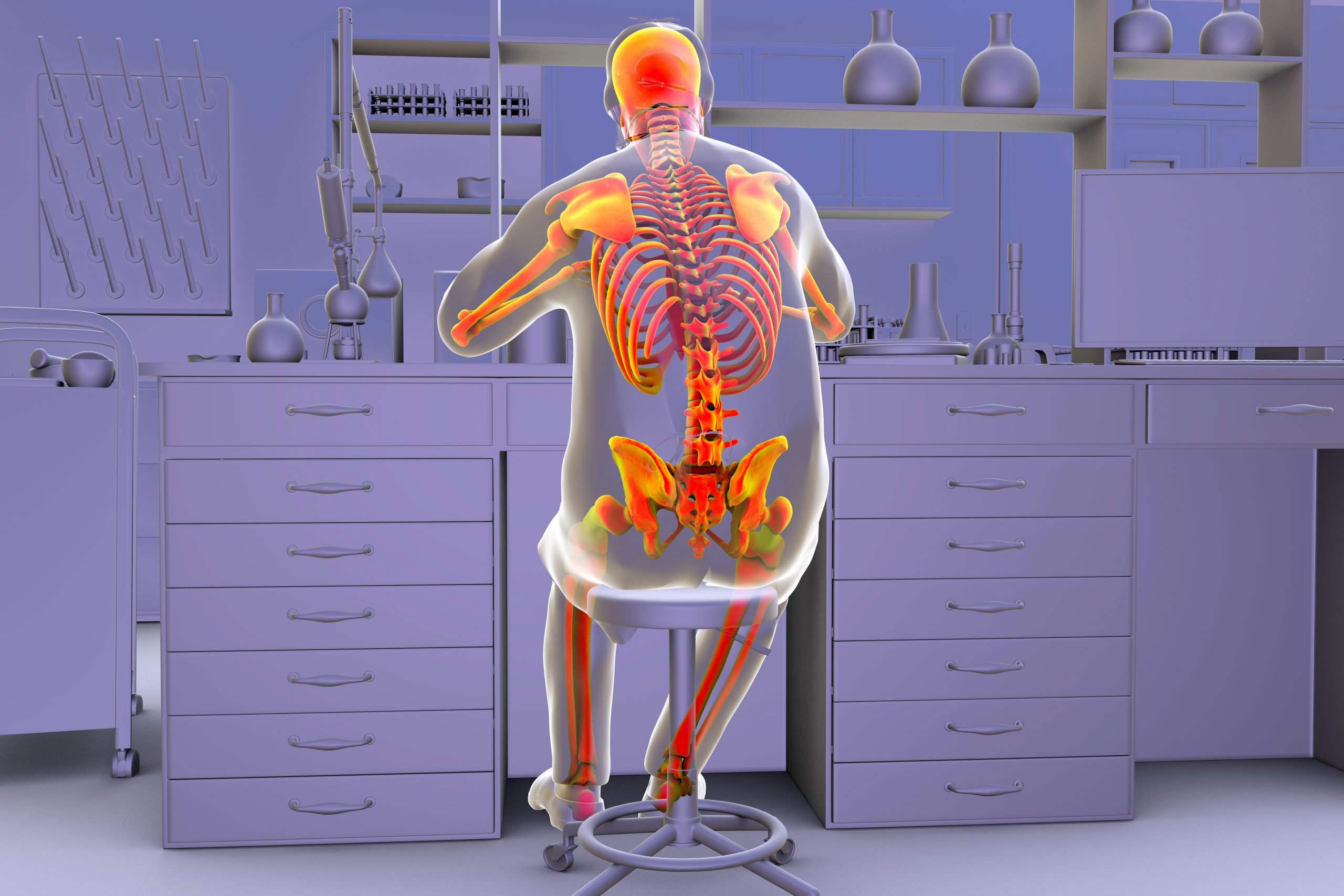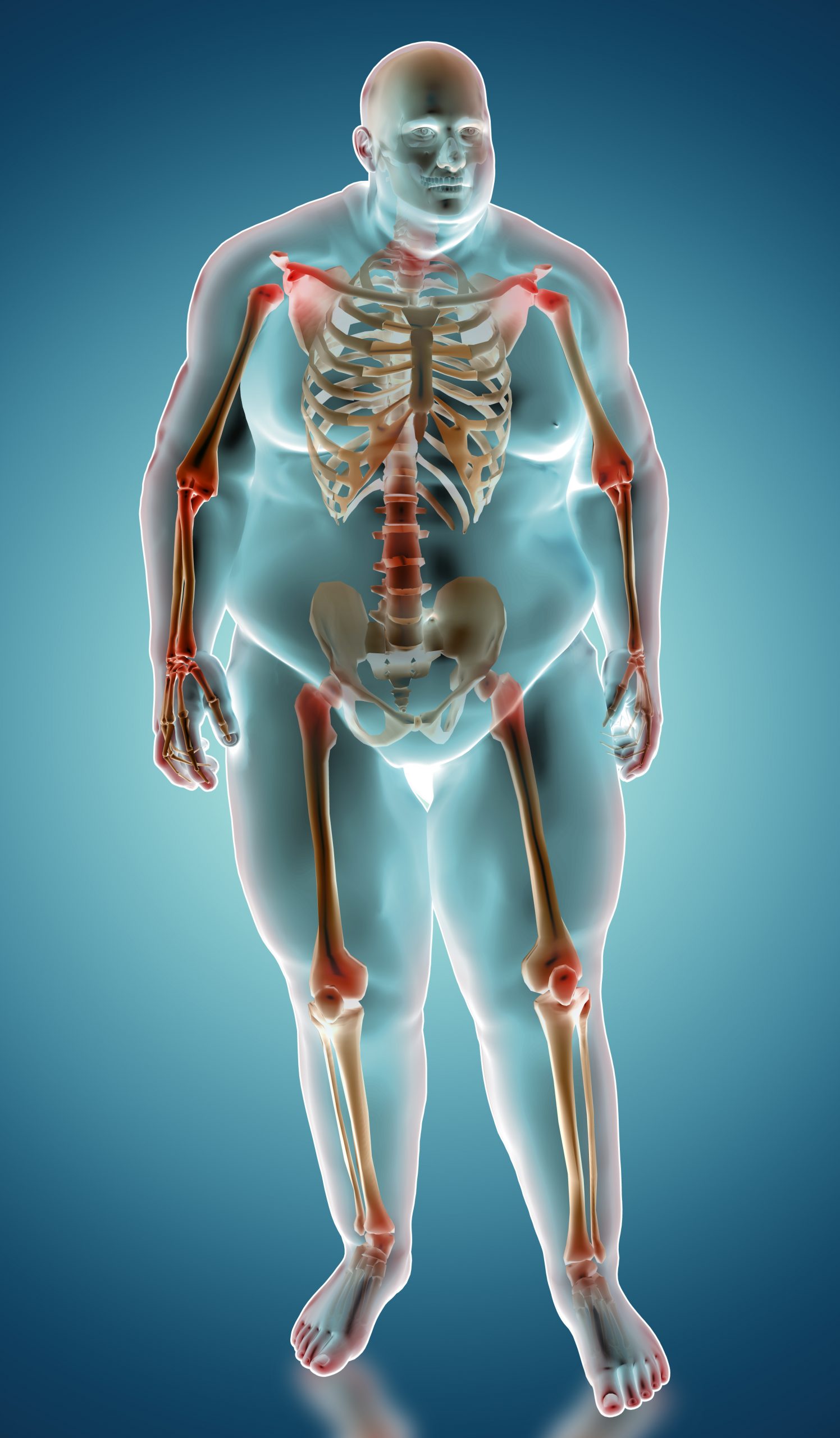Joint pain can significantly impact an individual’s quality of life, affecting their mobility, independence, and overall well-being. However, the impact of joint pain extends beyond the physical realm, influencing mental health and emotional well-being. Research suggests that there is a strong link between joint pain and mental health, with individuals experiencing joint pain often reporting higher rates of depression, anxiety, and reduced overall life satisfaction. In this article, we will explore the link between joint pain and mental health and discuss strategies for nurturing emotional well-being while managing physical discomfort.
- Chronic Pain and Emotional Distress: Living with chronic joint pain can lead to emotional distress, including feelings of frustration, helplessness, and sadness. The constant presence of pain can wear down an individual’s mental resilience and contribute to the development of mood disorders, such as depression and anxiety. It is important to recognize the emotional impact of joint pain and seek appropriate support and interventions.
- Loss of Function and Identity: Joint pain can limit an individual’s ability to engage in activities they once enjoyed, resulting in a loss of function and identity. This loss can lead to feelings of grief, social isolation, and a decreased sense of purpose. Adjusting to these changes and finding alternative ways to pursue meaningful activities are crucial for maintaining mental well-being.
- Sleep Disturbances: Joint pain can interfere with sleep quality, leading to sleep disturbances and fatigue. Lack of restorative sleep can worsen pain perception, contribute to mood disturbances, and affect cognitive function. Establishing healthy sleep habits and seeking strategies to manage pain during sleep, such as using supportive pillows or applying heat or cold therapy, can promote better sleep and support mental well-being.
- Psychological Impact of Limited Mobility: Joint pain often results in limited mobility and reduced physical activity. This restriction can impact an individual’s self-esteem, body image, and overall perception of themselves. Regular physical activity is not only important for maintaining physical health but also for promoting positive mental well-being. Exploring low-impact exercises or physical activities suitable for individuals with joint pain can help improve mood and self-perception.
- Social Isolation and Support: Joint pain can lead to social withdrawal and isolation, as individuals may find it challenging to participate in social activities or feel self-conscious about their pain. Social support is crucial for mental well-being, and individuals experiencing joint pain should actively seek social connections, engage in support groups, or reach out to friends and family for emotional support. Connecting with others who understand their experiences can provide comfort, validation, and a sense of belonging.
- Stress and Coping Strategies: Chronic joint pain can be a significant source of stress, affecting mental health and overall coping abilities. Developing effective stress management techniques, such as mindfulness, deep breathing exercises, or engaging in hobbies or activities that promote relaxation, can help reduce stress levels and improve mental well-being. Exploring different coping strategies and finding what works best for each individual is essential.
- Holistic Approach to Treatment: Managing joint pain requires a holistic approach that addresses both physical and mental well-being. It is important to consult healthcare providers who can offer a comprehensive treatment plan, which may include pain management techniques, physical therapy, medication, and psychological support. Addressing the physical aspect of joint pain while also prioritizing mental health can contribute to a more balanced and comprehensive approach to well-being.
- Seeking Professional Support: If joint pain significantly impacts mental health and daily functioning, seeking professional support is crucial. Mental health professionals, such as therapists or counselors, can provide guidance, support, and evidence-based interventions to help individuals navigate the emotional challenges associated with joint pain. Therapy can help develop coping strategies, promote resilience, and improve overall mental well-being.
- Education





